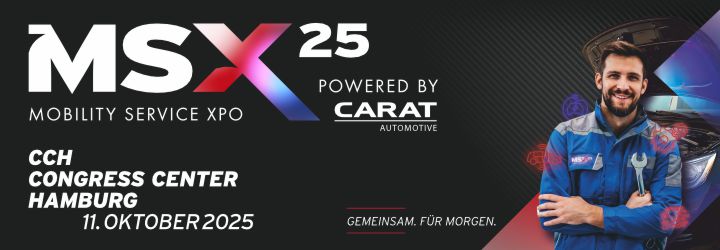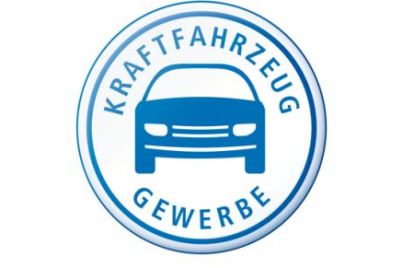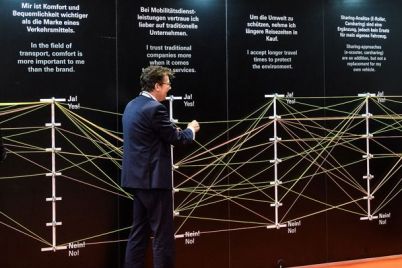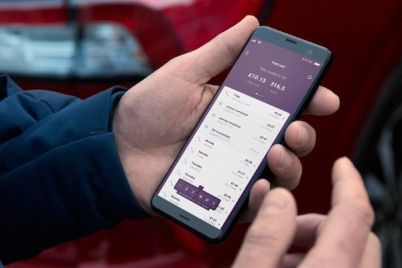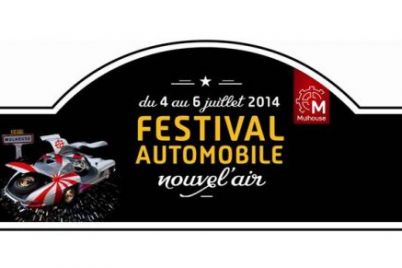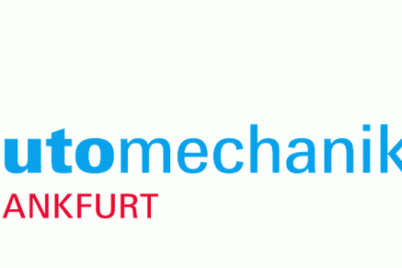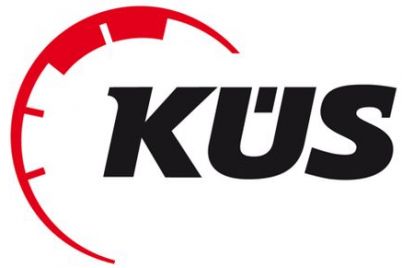Urban repair workshops: a goldmine for real estate developers
The number of French independent garages and VM franchised service only sites has declined by 2,500 outlets over the past 4 years, part of this decline is due to the inability of garage owners to sell on their business.
Even though the owner really wants to preserve the activity he has created and/ or to protect the staff who have remained loyal to him for years, the repairer who wants to sell his business has to cope with the reality that car repair activities are no longer attractive and potential buyers are rare.
In rural areas, car repairers are affected by rural closures as are butchers and post offices, meaning that there is a decline in demand for the many workshops. These workshops are forced to close as there is no hope of finding a potential buyer.
In urban areas, where economic activity should be strong enough to sustain the business, repairers face other problems such new taxes, higher costs, stricter environmental rules or greater pressure from city councils to relocate their car workshops away from the city centre. Consequently when they decide the time is right to sell, urban repairers face more and more difficulties to be able to sell on their business or at least to another automotive professional.
Due to current tension in the real estate market, new and attractive opportunities are emerging for urban workshops as illustrated in these examples:
- A Renault franchised outlet in Chelles (25 km from Paris) was created in 1994. In 2015 it was sold to Nafylan & Partners, a real estate development company. By the end of 2017, the 5,000 m²-building will be replaced by a large and upmarket community of 165 apartments giving a potential turnover of €34 million. Over the past 5 years, this Renault franchised outlet has generated an average profit of €45k. The building was sold to Nafylan & Partners for €3 million.
- In Paris a few months ago, a former 4.500 m² garage was sold to a real estate developer at €1,500/ m². This translates into a €6.75 million deal. The workshop will be replaced by a supermarket and fitness centre which will be rented out at €450 per m² per year. There is no doubt that “traditional” business transfers would not achieve these amounts.
The French automotive trade associations are struggling to stop this decrease in the number of car repair and maintenance outlets and some of them are taking specific initiatives to support business transfers within the industry. This is happening with the “Sub dealers and Independent repairers” branch of the larger French car retail trade association via the ‘Mon entreprise auto’ service. However, the President of the branch acknowledges that it is hard to fight against the attractiveness of the deals offered by real estate development companies.
In parallel to his union mandate, since 1980 the President of the branch also runs a Citroen service point in Paris and recently had a valuation completed on his premises. “The real estate developer’s offer is really tempting. They are offering an amount which doubles the real estate value recorded in my balance sheet. On the one hand, it must be noted that the transfer of a business is hard to achieve and it is time consuming. In addition, banks are often reluctant to finance the acquisition of an auto repair and service company. On the other hand, real estate developers are usually backed by large industrial groups with almost unlimited financial means. The deal is easy and much more lucrative”.
The major challenge for trade associations is to find solutions to cope with the ‘win-win’ deals. However, is the fight already lost?
WRITTEN BY CHRISTOPHE GUILLANEUF
Quelle: www.icdp.net




